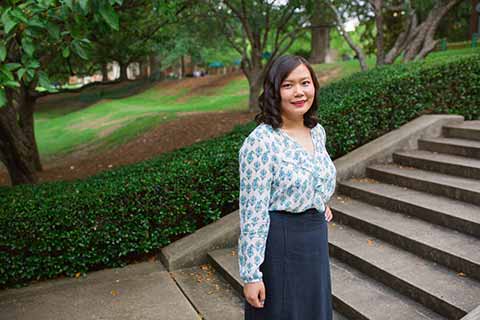Pursue a Major in Philosophy and Religion
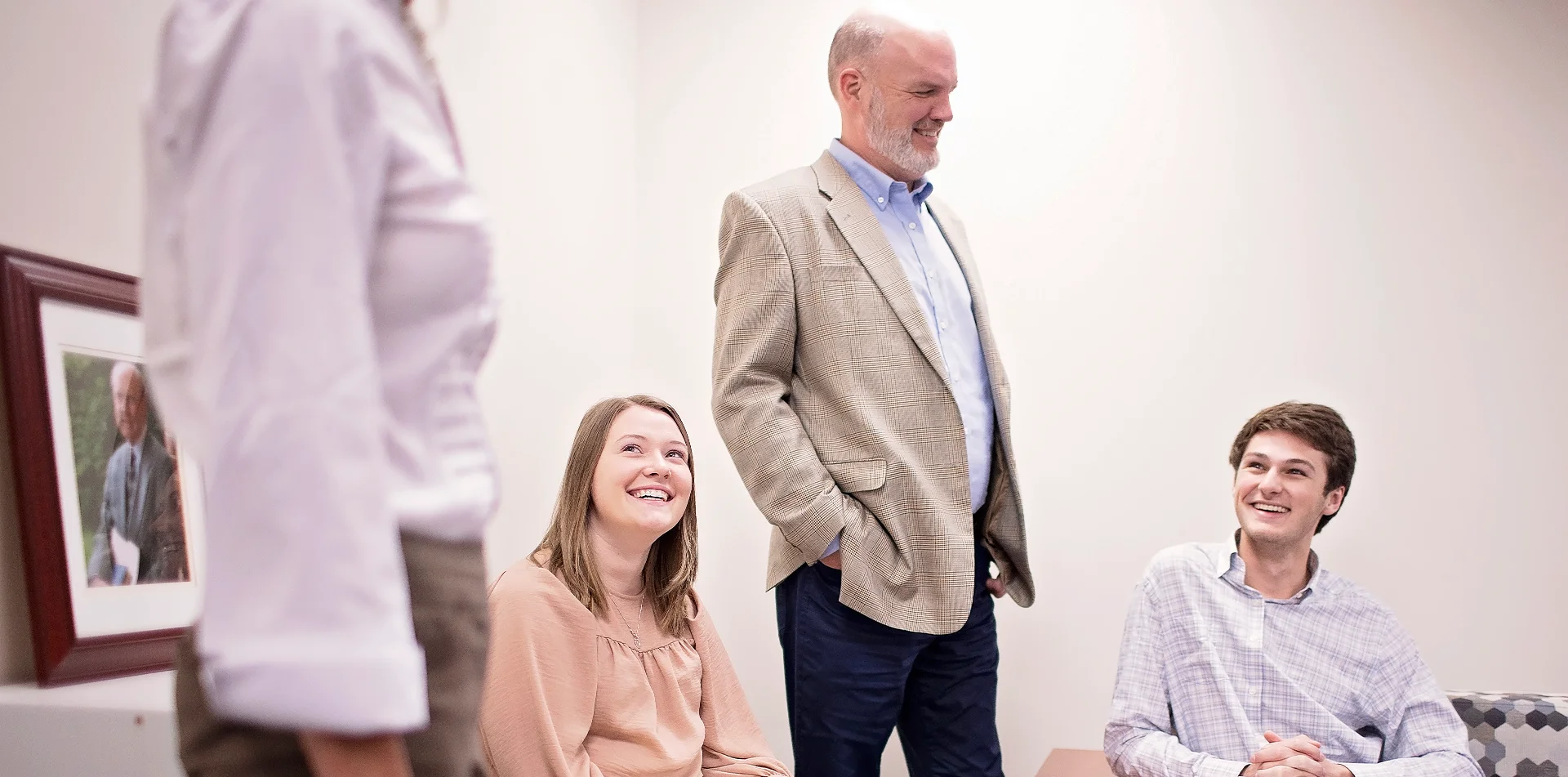
Is This Program for Me?
Do you find yourself asking life’s biggest questions about truth, morality, justice, or God? Are you drawn to exploring the complex relationship between faith and reason? If so, Samford’s Philosophy and Religion major may be the perfect fit for your academic and spiritual journey.
This program invites students to examine key themes at the heart of both philosophical and religious traditions. You'll explore topics such as evil and suffering, the nature of reality, and the possibility of life after death, all while developing the intellectual tools to engage with these questions with clarity and confidence.
What Will I Learn?
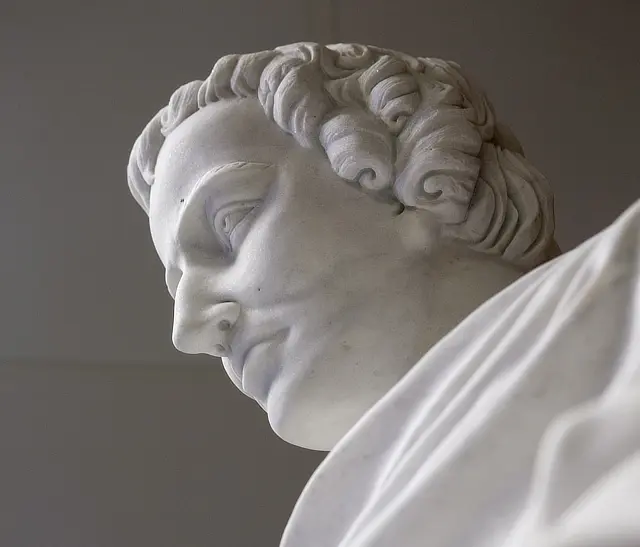
Sample Areas of Study
- Metaphysics and the nature of reality
- Logic, ethics, and justice
- The problem of evil and suffering
- Arguments for the existence of God
- Comparative religion and the study of faith traditions

“Thanks to the engaged and insightful philosophy faculty at Samford, I learned to approach issues in both work and day-to-day life in a more critical, informed way.
“I still use the philosophical thinking I developed at Samford—whether I’m critiquing musical structures or working through ethical problems. These skills are invaluable.”
What Makes Us Different?
Integrated Study of Philosophy and Religion
Explore both secular and religious philosophical perspectives, including the works of Plato, Augustine, Kant, Kierkegaard, and more.
Ethical and Moral Formation
Courses help shape your moral vision in a way that aligns with Samford’s mission to equip students for thoughtful, ethical engagement with the world.
Distinguished Faculty
Our professors are committed to mentoring students in small class settings, fostering deep discussion and personal growth.
Faith-Focused Inquiry
Our professors are committed to mentoring students in small class settings, fostering deep discussion and personal growth.
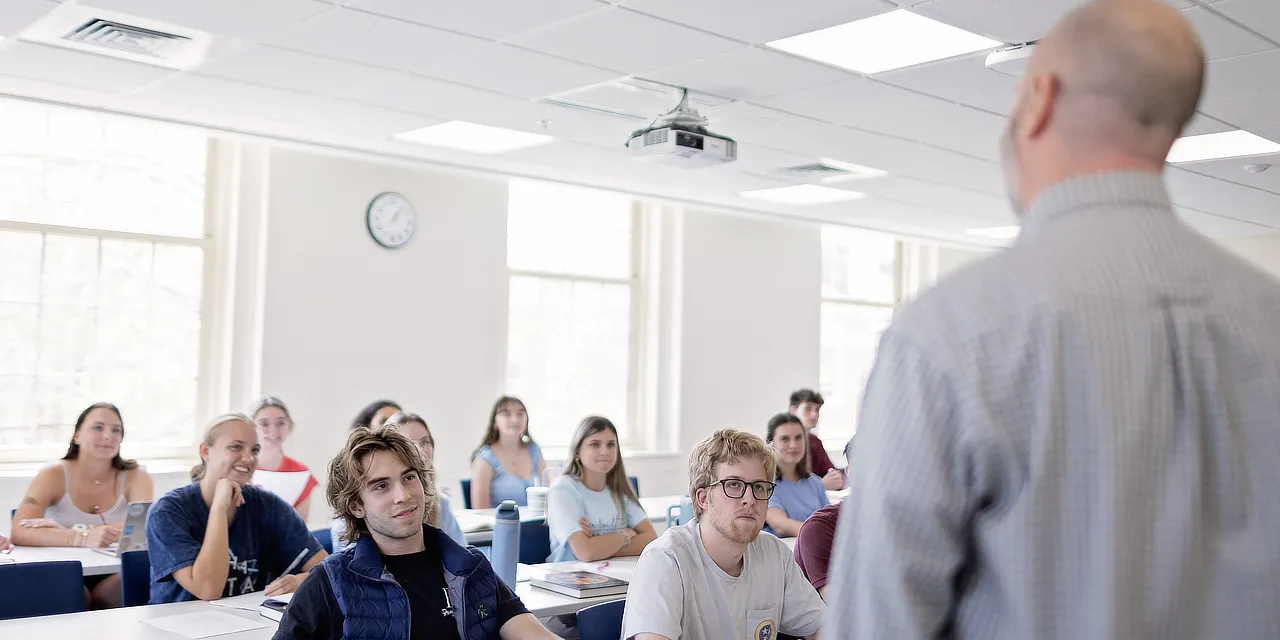
Career Preparation
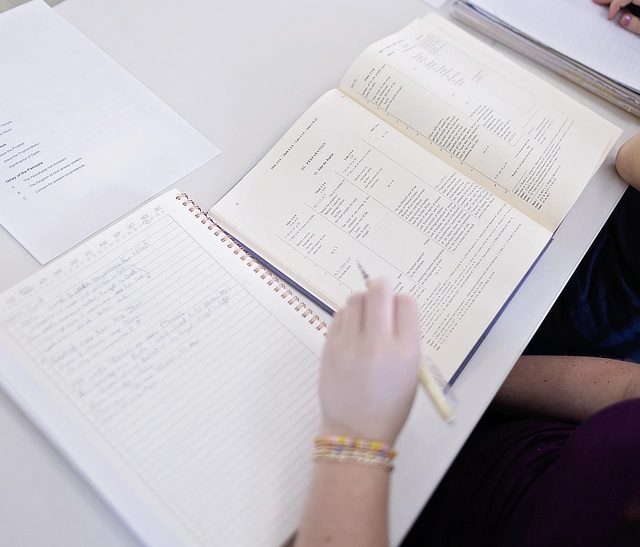
Career Opportunities
- Philosophy or religion professor
- Law school or health sciences graduate
- Seminary or ministerial training
- Business ethics consultant
- Nonprofit leader or policy advisor
- Journalist or editor
- Manager, strategist, or communicator in diverse sectors
Application Information
Freshman applications for next fall are open.Freshman Early Action applications close November 1st.The freshman first scholarship deadline is December 1st.Transfer applications for the spring semester close Dec. 15.Freshman FAFSA priority and scholarship deadlines are Feb. 15.Decision day is coming! Freshman applications for fall enrollment close May 1st.Transfer applications for fall enrollment close July 1st.Freshman applications for fall enrollment are closed. Applications for next year open August 1st.Transfer applications for fall enrollment are closed. Applications for next year open September 1st.
Cookie Preferences | Privacy Policy | Software Plugins
Microsoft Excel®
Microsoft Power Point®
Microsoft Word®
Adobe Portable Document Format






